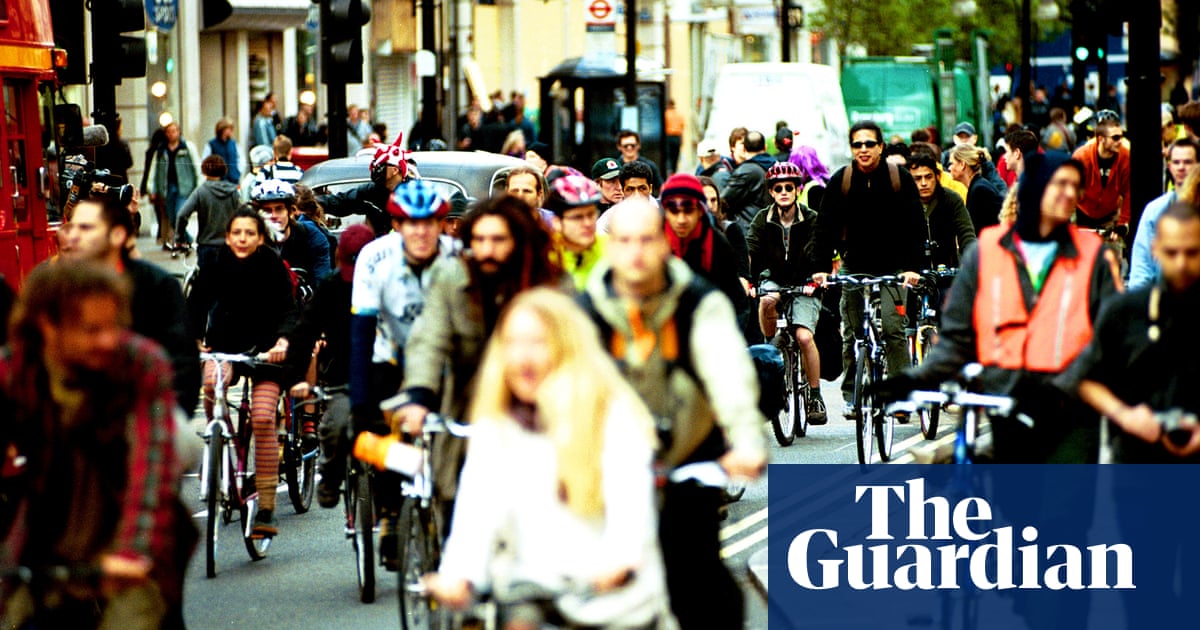
Major differences between the lives and attitudes of Germans in the west and east of the country persist 30 years after reunification, a range of studies released for the October anniversary show.
From wages to childcare, trust in political leaders and state institutions, to the importance of an east or west identity, the gaps are stark, the government ombudsman for the former communist East Germany (GDR), and author of the main report, said. “I had hoped that in this, the 30th year after German reunification, we would be further along than we are,” Marco Wanderwitz admitted.
The reports’ findings make for sobering reading ahead of the key anniversary on 3 October, when the country will celebrate the reunification of the two Germanies divided by 41 years of the GDR and 28 years of the Berlin Wall.
Among the biggest variations between the former east and west are in the workplace. While eastern Germans are less likely to hold leadership positions across Germany, they are more likely than their western counterparts to have top manager posts. And while western German women earn 21% less than men, in the east it is just 6%.
A year after unification, only 55% of western German women had paid employment, compared with 67% of eastern German women, according to a study by the Hans Böckler foundation of the union DGB. But 30 years on, the number of western German women in jobs is about 72%, and eastern German women 74%.
In both parts of the country, women are responsible for most childcare and housework, and are far more likely to be in part-time jobs than men. But the legacy of state childcare in eastern Germany, which, although it has reduced since the days of the GDR remains largely intact, means 60% of eastern German women feel they have to work part time compared with as many as 80% of western German women.
Whilst the GDP per inhabitant in eastern Germany has risen four-fold since 1990, the average eastern German’s wage is still only 88.8% of that of a western German, and the economic power of former communist states is only 73% of those of the former West Germany, failing to reach the level even of Saarland, economically the weakest western German state. Eastern Germany also has more people out of work, lower land prices and less tax income.
“In an extraordinary manner, in many ways Germany looks like it’s still divided,” the left-leaning daily TAZ commented. It added that divisive in itself was the fact that three decades after reunification, Wanderwitz “continues to have the name ‘government ombudsman for the new states’ on his business card”, which it said made it sound as if he were “a mentor for problem pupils”.
Only broadband connections between the two parts of Germany are on a par.
The government’s report expressed concern about the “general lack of satisfaction” of eastern Germans towards politics and its representatives. And while 91% of western Germans think democracy is the “best suited form of government”, only 78% of eastern Germans feel the same.
Voting for far-right parties is considerably more prevalent in eastern Germany, where the far-right populist Alternative für Deutschland, the main opposition party in the Bundestag, has made its strongest gains.
Wanderwitz said he found the trend “extremely worrying”. “Hate and extremism are more readily found in eastern states, and trust in state institutions is also some cases is at a shockingly low level,” he said.
Although the emigration of young workers from eastern Germany, which caused the population there to reduce by 2.2 million, has largely stopped, its ageing population continues to shrink, which Wanderwitz said would continue to be one of eastern Germany’s biggest challenges.
Susanne Dähner, of the Berlin Institute for Population and Development and author of the study Diversity of Unification, said: “Despite all the successes in the unification process, the former division is still felt in the lives of people in the east and west.”
She said that four in 10 eastern Germans felt treated as second-class citizens and that their origins played a bigger role in their lives than those of western Germans, “even in the generation of those who were born into a united Germany, who will only have learnt about that co-existence from hearing descriptions and from history books”, she said.
“Their lives were changed by reunification, their biographies were interrupted and many people had to orientate themselves anew.”












